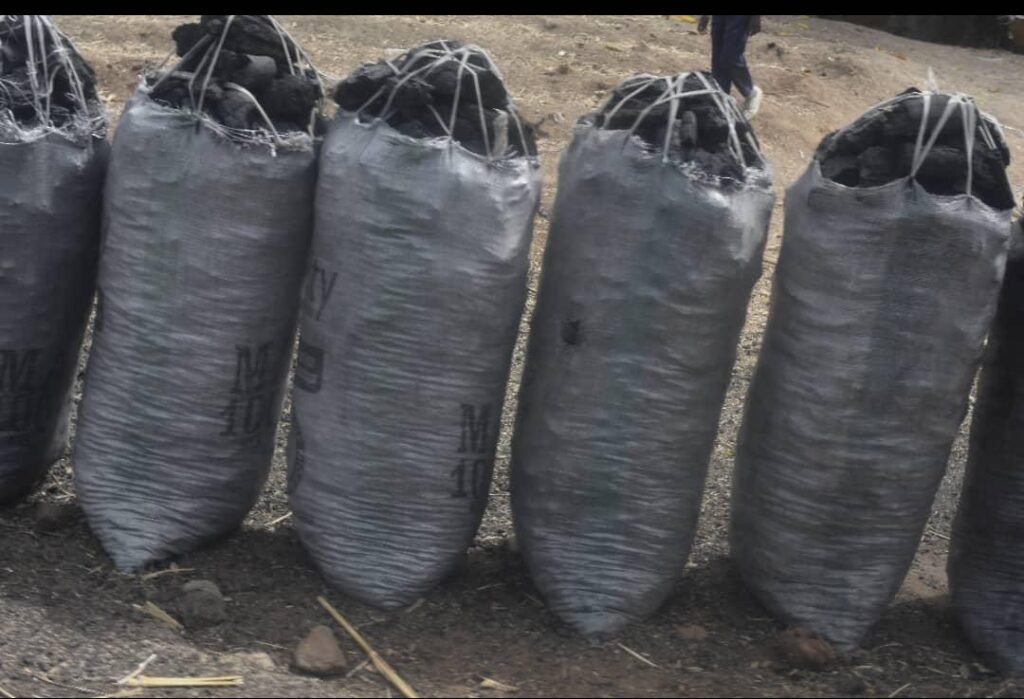A Catholic seminary has found a creative way to keep students in school despite South Sudan’s biting economic crisis: allowing them to pay tuition with charcoal, goats, chickens, and farm produce.
The St. John Paul II Institute of Philosophy recently launched the initiative after noticing that many seminarians were unable to raise cash for tuition, which now stands at $150 per semester (about 950,000 SSP).
For Seminarian Kinaregu Justin Richard, the new system was his only way to continue.
“The money was too much for me to raise. But through the charcoal I brought, the school accepted it as part of my fees. This has helped me remain in class,” he told The Nile Witness.
Why It Matters, according to Rector Fr. Vairi Natale explained that the seminary wanted to ease the burden on families, who depend largely on farming and small-scale trade.
“We didn’t want to lose seminarians because of lack of cash. If families have goats, chickens, or charcoal, we value them and deduct from tuition. It is practical and keeps education alive,” he said.
Parents in Western Equatoria say the system is a “relief” in a country where inflation has eroded household incomes.
Mrs. Margaret Naumba, whose son is enrolled, said.
“I cannot always get dollars, but I can bring cassava or a goat. This has given us hope.”
Education experts believe the model could help curb school dropouts nationwide.
Mr. Francis Juma, an education consultant, said the idea “makes education inclusive by recognizing local livelihoods as currency.”
“If more schools, including government and private, adopted this, children would not be forced out of class simply because their parents lack cash,” he noted.
Western Equatoria families often sell charcoal or farm produce at poor prices, making it almost impossible to raise full tuition in cash. With this initiative, resources that usually struggle to find buyers now directly translate into school fees.
As the economic crisis deepens, this “charcoal for classrooms” policy may inspire other institutions to rethink how education is financed in South Sudan.
“Education is possible if we use what we have,” Justin said. “Even one chicken can open the door to learning
